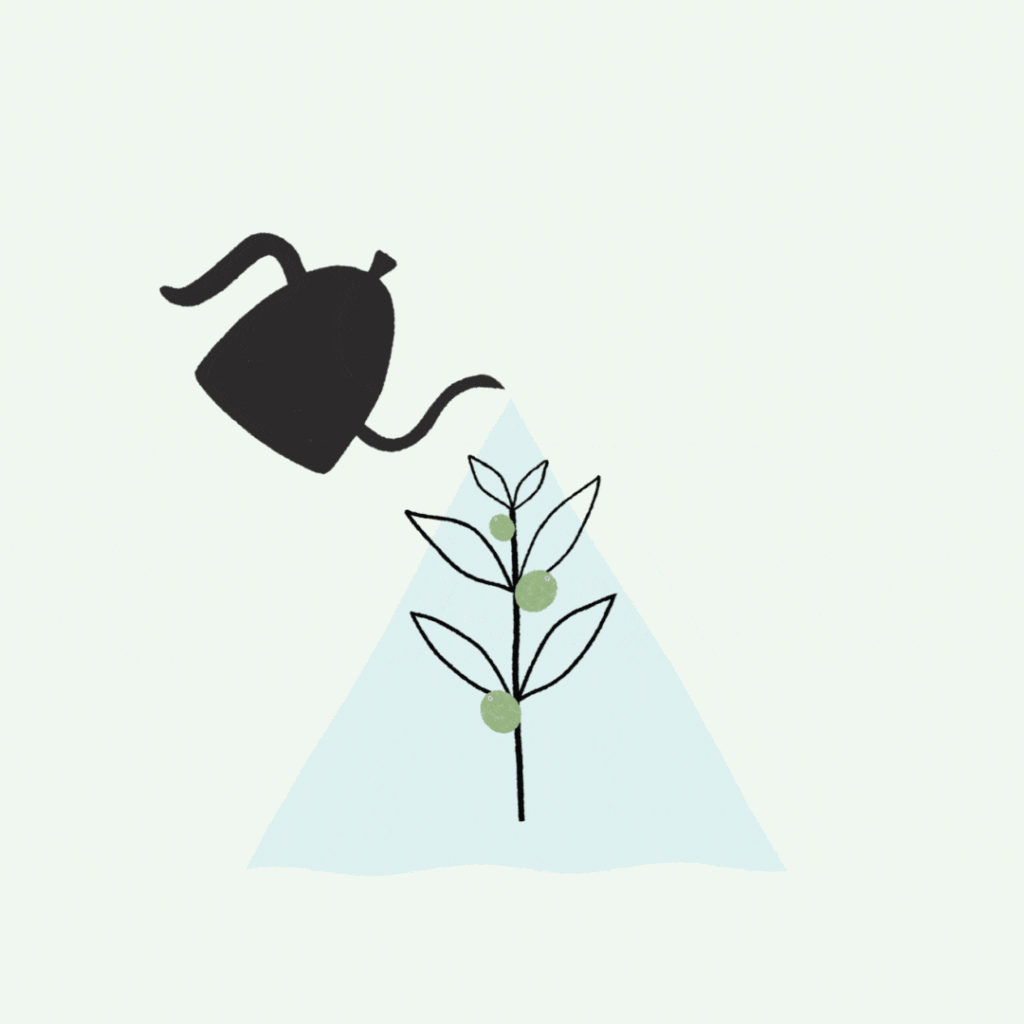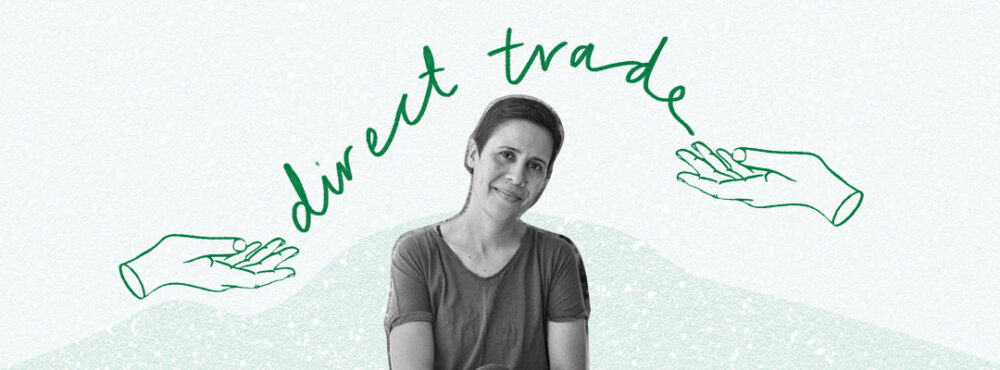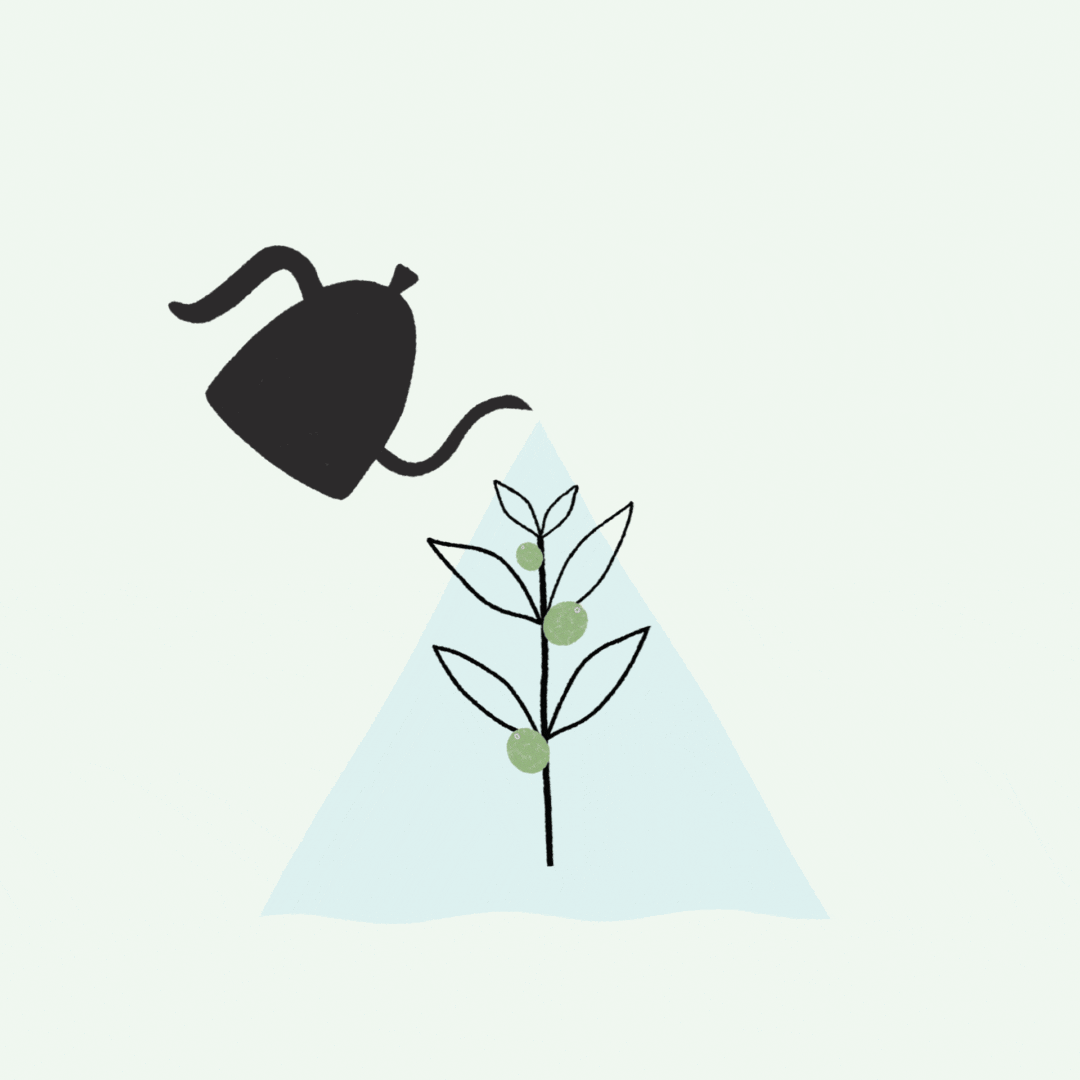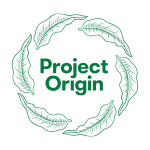
Direct Trade. A term that we have come to know exists but as consumers we may not understand it in its entirety. The purpose of direct trade is to provide support across the entire length of the supply chain. By purchasing directly from the producers who grow and cultivate coffee, roasters can share a better understanding of the product and promote transparency in the business.
But is this a sustainable trading model?
Project Origin believes the specialty coffee industry should be working towards building more sustainable direct trade models where the connectivity between the very start and the very end of the supply chain goes beyond the literal definition of the term. We should be investing in long term partnerships that share the risks of working with agricultural products before we can fairly share in the joys of it. You cannot achieve end to end quality without investing in the long term. This is where true value lies in operating a direct trade model, and we want everyone in our industry to raise the bar for standards in how we collaborate across the entire supply chain to build a more sustainable industry.

What is direct trade?
Direct trade is an operating model where companies sourcing goods or raw products have a direct relationship with the producer or farmer, with a focus on providing a mutually beneficial trade relationship. The term is used in agricultural and artisanal mining industries and there are many interpretations of how this model works. At its essence, direct trade is about the very start of the supply chain being connected to the very end of the supply chain.
By using a direct trade model, businesses can offer transparency in the origin of the product, the people responsible, and their stories. We can be directly responsible for ensuring a fair price was paid, which is something that should be demanded of any product from any industry in modern society. But where lines begin to blur, and what makes ‘direct trade’ difficult to understand is in how we decide what is ‘fair’. Does fair mean a dollar value? Does fair mean signing a contract? Does fair mean sharing the name of the producer and their farms’ altitude to the end consumer? Project Origin believes a direct trade model should not be linear, and means a lot more than dollar values paid for coffees and farm information. We believe fairness exists in sharing the risks to the producer and to the roaster across multiple harvests, and this is what makes it sustainable.

“We can be directly responsible for ensuring a fair price was paid”
What does a fair and sustainable direct trade model look and not look like?
We believe that in order to pay a fair price for coffee and to genuinely and honestly go direct trade, we need to understand what it takes to produce the coffee, the production and financial limitations that can exist, and what risks are involved for the producer, their community and their environment. We need to be prepared to go into those risks together with them, and we need to do this across multiple harvests.
Coffee being an agricultural product means it is susceptible to natural conditions and disasters, including changes to weather patterns, rainfall, temperature fluctuations, pest exposures, and sunlight accessibility. There needs to be some tolerance for the variability that comes with that. It certainly does not seem fair that the purchasing and consumption end of the supply chain holds all the negotiating and buying power, as this end of the chain is not concerned by the impacts of the local weather and how that can determine an annual salary. To a lot of producers, all they have is the cherries they grow on their trees – and that’s it. Roasters and consumers have the luxury of options to change their supply. This means that a direct trade relationship is not valuable to a producer if the buyer only buys when the coffee is good or at its best. We need to create balance so that the production and purchasing of coffee is a sustainable operation. This is what we should be expecting of ourselves as an industry.

Pepe Jijon from Finca Soledad, Ecuador
Modern technology means it is very easy for a roaster to say they have a direct trade relationship with a producer because they can communicate with them online, cup a coffee and buy it. That’s easy and it technically follows the literal definition of direct trade, however, it’s unfair and misleading to suggest you have a direct trade relationship for just 1 year. What is hard is starting a direct trade relationship and preparing for weather patterns to change, growing conditions to fluctuate and disease and pest infestations to occur.
Where a relationship becomes meaningful is with what happens next: do you still buy the product even though the quality is not the same as the previous season? Do you buy it at fair value? Do you change the price? Is the agreed price fair for the producer, or just fair for the roaster because of the quality that has now been created? Have you cancelled entirely? Answering these questions is not easy, and the risk should not be fully borne by the roaster. However, if we are really going to promote direct trade and discuss what we do to help make the industry sustainable, then we should openly acknowledge these occurrences and be prepared to work with them so we can protect everyone in the supply chain, not just ourselves.
As buyers, we have the responsibility to prepare for flexibility and renegotiations on purchasing agreements. At the bare minimum, when things go wrong, we should not be cancelling on an agreement with the producer. We should also not be agreeing to a price that is below their cost of production. There are always options when we build long term agreements and partnerships. Perhaps, we can agree to pay an average price across two years’ worth of harvest, so we pay slightly more for this harvest than what it is worth, but we balance that by paying slightly less next harvest for the quality we know is possible, building a long-term plan.
“Being paid each harvest, and not just each good harvest, means they can live more comfortably.”

While this agreement to split average costs across two harvests may seem an insignificant, or potentially annoying and risky solution to the buyer, the upfront payment makes a huge difference to the producer. It can allow the producer to invest back into the farm for the next harvest, can enable them to afford upgraded equipment to raise their quality, and can allow them to educate their children. Being paid each harvest, and not just each good harvest, means they can live more comfortably. All we must do is not cancel our orders. Surely, at a minimum, that sounds fair.
The culmination of risks when working in a sustainable direct trade model can seem overwhelming, and it is reasonable for a buyer or roaster to not want to bear all the risks upfront. It is important to understand exactly what risks exist, but also know what benefits lie ahead when we can successfully create these long-term meaningful relationships.
Risks to the roaster:
Risks to the producer:

Benefits to the roaster:
Benefits to the producer:

The specialty coffee industry often talks about the values of quality, sustainability, transparency, and fairness, but in order to achieve these values, we need to both understand and own the risks before we should enjoy the rewards. We need to create support and protection across the entire supply chain to ensure not just a sustainable production, but a thriving one. We already know to expect that if a coffee is labelled as ‘specialty’ we should know where it comes from and basic production information. Where we can improve is relating quality with fairness and understanding from the consumption end that a quality coffee comes from years of community work, growth, and education, and not just months of harvesting.
We believe that a sustainable specialty coffee industry needs to be underpinned by ethical direct trade partnerships that view the seasonal risks, long term crop management, environmental influences and thriving communities as an integral part of each cup, and so the value paid by the consumer can incorporate the real and true long-term costs of supply. Our Project Origin company values of Quality, Community, Sustainability guide us to achieve our vision statement: to empower people so together we can change the world we see. As a direct trade green bean exporting and importing company for specialty green beans across the world, we encourage everyone in the specialty business to look ahead and consider how you can contribute to bettering the world of specialty coffee.
Stay up to date with our Project Origin projects and latest specialty green bean coffee imports
We acknowledge the Traditional Owners of the land on which we work, the Ngunnawal people. We pay our respects to elders past, present and emerging.
